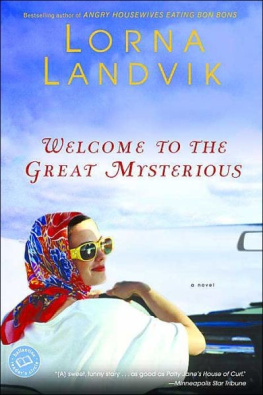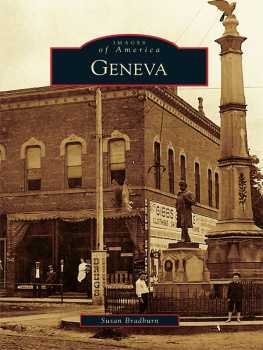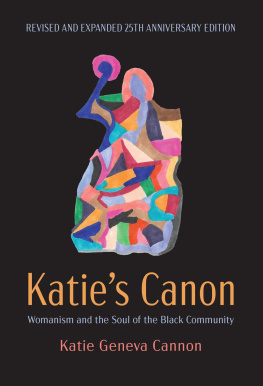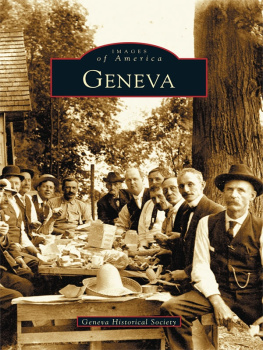From Publishers Weekly
From the popular author of Patty Jane's House of Curl and The Tall Pine Polka comes a funny, heartwarming novel in which the voice of the self-absorbed Broadway diva Geneva Jordan holds ingratiating charm. It's not Geneva's singing voice that's the magic here, however, but her plainspoken storytelling. At age 48, Geneva is called upon by her twin sister, Ann, to come to her hometown of Deep Lake, Minn., and baby-sit Rich, Ann's 13-year-old son, afflicted with Down's Syndrome. Ann and her husband, Riley, desperately need a vacation, the first one since Rich's birth, so Geneva reluctantly agrees to leave her glamorous life in New York City to care for her nephew for a month. Geneva slips into the role of parental figure with a few minor snags, and she and Rich bond over a box of old toys, where Geneva uncovers a scrapbook she and Ann made as children. Titled The Great Mysterious, the book asks such existential questions as "What is true love?" and "What is the meaning of life?" to which each family member wrote an answer. This diversion motivates Geneva's metamorphosis. Reading the words of her grandmother and parents, she begins to feel the ache of having given up family for her career. Still reeling from a "doublehitterA-heartbreak and menopause" (she had broken up with her Broadway co-star), Geneva forges a special friendship with James, Deep Lake's wise mailman. She does, however, return to New York, where she considers marriage proposals until tragedy strikes a dear friend, forcing her yet again to reevaluate what's important in life. While the plot extends few surprises, Landvik's unpretentious story admirably captures the ups and downs of a small town from the humorous perspective of a big-city star. Agent, Betsy Nolan. (Sept.)
Copyright 2000 Reed Business Information, Inc.
From Library Journal
Although she's a Broadway star, self-centered Geneva Jordan has butterflies in her stomach when she (grudgingly) travels to Minnesota to take care of her 13-year-old nephew, Rich, who has Down's syndrome, while her sister and brother-in-law take a month-long vacation in Italy. In addition to being inherently selfish, Geneva is also coping with fast-approaching menopause and a devastating breakup with her costar, Trevor. But staying with Rich proves surprisingly rewarding, especially after they discover a scrapbook Geneva and her sister put together as children, which forces her to confront life, death, and happiness. Of course, it doesn't hurt that she meets James, a concert pianist with a bad case of stage fright (now working as a mailman, much to the shame of his ex-wife). When Geneva returns to New York and her old life, Trevor's reappearance (with an enormous diamond ring) forces her to choose between the two men. It's a no-brainer, yet Landvik's fourth novel is sadly predictable and flat, completely lacking the vigor, delightful characters, and goofy plot that endeared readers (including this reviewer) to her third novel, The Tall Pine Polka (LJ 7/99). Purchase only to meet demand.
-DNancy Pearl, Washington Ctr. for the Book, Seattle
Copyright 2000 Reed Business Information, Inc.
Welcome to the Great Mysterious
By
Lorna Landvik
Chapter 1
All right, so I'm a diva. There are worse things--a mass murderer, a bigot, a telephone solicitor.
I'm surprised my sister even uses the word as an insult. Why should I be offended by the truth? My dictionary defines diva as "a distinguished female singer." I certainly am that. The word, however, is cross-referenced with prima donna, defined as "a temperamental person; a person who takes adulation and privileged treatment as a right and reacts with petulance to criticism or inconvenience."
Well, I might ask, who likes criticism or inconvenience? And why shouldn't one take privileged treatment as a right? A little self-esteem is not a bad thing.
Ann, for instance, could use a serious infusion of it.
Throughout my life I have heard the question, "Are you really twins?" It's an understandable query; Ann and I are as different as the proverbial night and day. Ann once elaborated on that analogy in an interview, describing me as being night--dark and dramatic, living among stars--and herself as light and plain and about as exciting as an afternoon nap.
We're fraternal twins, obviously, and don't share that spooky, ESPY you're-my-other-half thing identical twins do. Ann and I are more like sisters who could have been born years apart if Mom hadn't been such an industrious egg layer. We're very close and have shared everything from chicken pox to clothes to deep secrets, but when I look at Ann face-to-face, I don't see my mirror image. In fact, if I looked at Ann right now, what I'd see is a big pest.
For those of you who don't know me (where the hell have you been living, in a cave with no TV or cable access?) I am Geneva Jordan, star of stage, screen (unfortunately, my theatrical schedule hasn't allowed me to do hardly any of the movies I've been offered), and television (if you didn't see me accept my Tony award, I'm sure you've heard my voice singing the Aromatic Cat cat litter and Chef Mustachio Frozen Pizza jingles). Recently I just ended a year and a half's run in the title role of Mona, a musical about DaVinci's mysterious model.
She's a gal with a crazy half smile, she's Mona Lisa!
Oh, what I wouldn't do to get a piece a ... that Mona Lisa!
You'll have to trust me that the music is so catchy, the lyrics actually work.
My role as Mona Lisa brought me my second Tony, a cover story in New York magazine, and a relationship with Trevor Waite, my costar. My role as Mona Lisa and its resulting dividends, especially my relationship with Trevor Waite, is also what brought me close to mental and physical collapse. Which made my sister's request all the more preposterous.
"Please," she begged over the phone, changing her tack from insulter to supplicant. "Riley and I need this time together."
"I'm not arguing that, Ann. It's where I come in as baby-sitter that I'm objecting to."
"You're Rich's godmother."
"I'm aware of that, Ann. But godmother does not mean rescuer."
"Then what does it mean?"
I looked at my watch. I didn't have to be anywhere for another hour, but she didn't have to know that. "I have to run, Ann. I've got a hair appointment."
"What does it mean?"
"Listen, Ann, I don't--"
"Quit calling me Ann."
"That's your name, isn't it?"
"Yes, but whenever you're in one of your I'm-right-and-you're-wrong modes, you overuse my name. Like a cranky old schoolmarm or something."
"First I'm a diva and now I'm a cranky old schoolmarm. Nice talking to you too, Ann."
I could hear her protests as I hung--okay, slammed--the receiver back in its cradle.
She called back immediately, not grasping the concept of a dramatic exit. I let my machine pick it up.
"Geneva," she said, "please. I'm sorry. I don't know where else to turn. Please pick up.... Please help me, Dee."
Oh, that was low. Dee was a reference to the childhood nick-names bestowed on us by our Grandma Hjordis.
"It's Tweedledee and Tweedledum!" she used to say in her Norwegian accent, "my favorite twin grandchildren in the world!"
We were her only twin grandchildren, but she made us feel that we couldn't have been surpassed by quintuplets.
She lived next door to us, and her home was a cinnamon-roll smelling haven for my sister and me, a place where she played endless games of Hangman and War with us and let us upend all her furniture cushions to make elaborate igloos (when we played Roald Amundsen discovering the South Pole) or wigwams (when we played Leif Erikson discovering America). She had a canoe in the backyard that we'd pretend was the Kon-Tiki.










